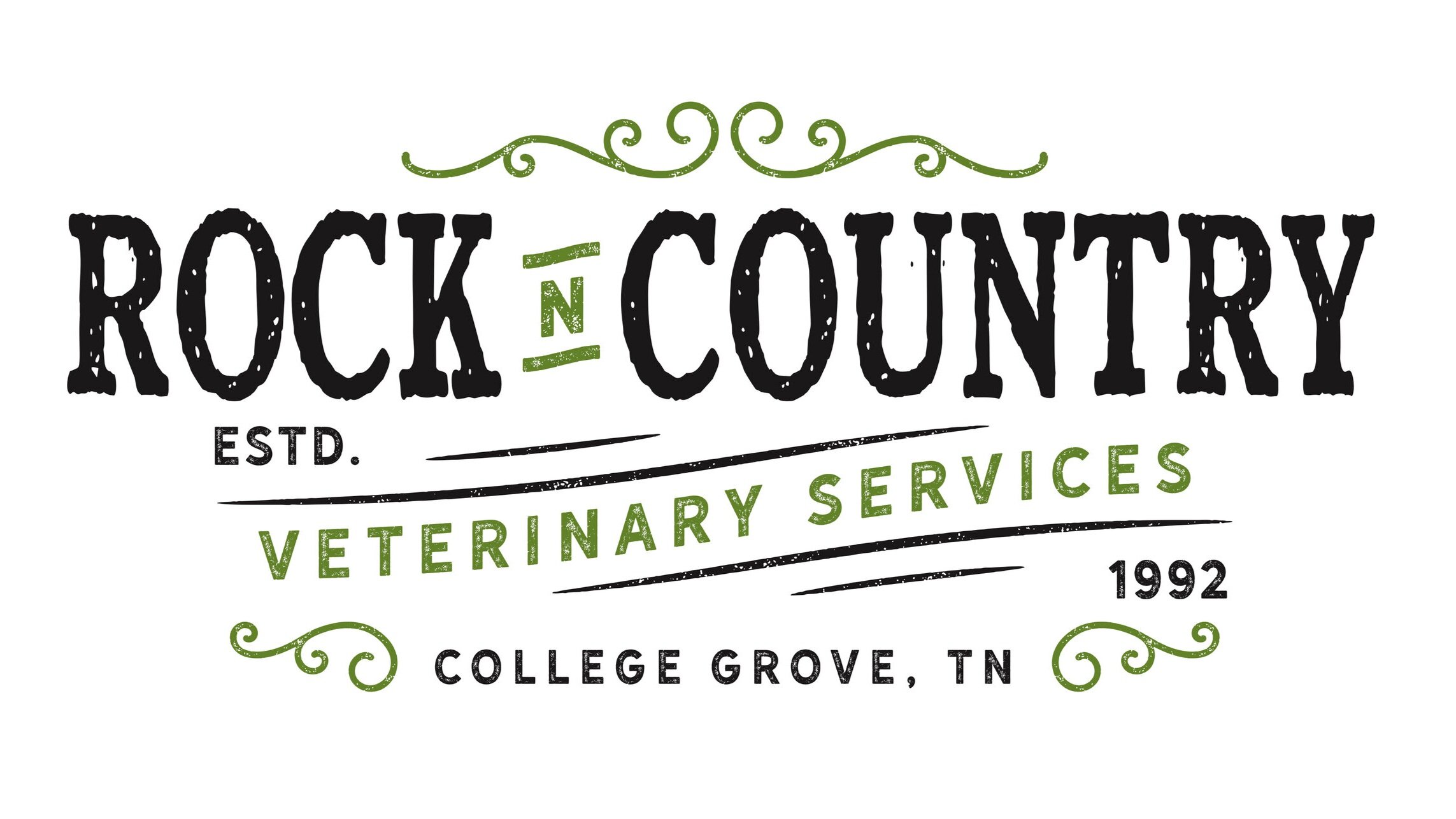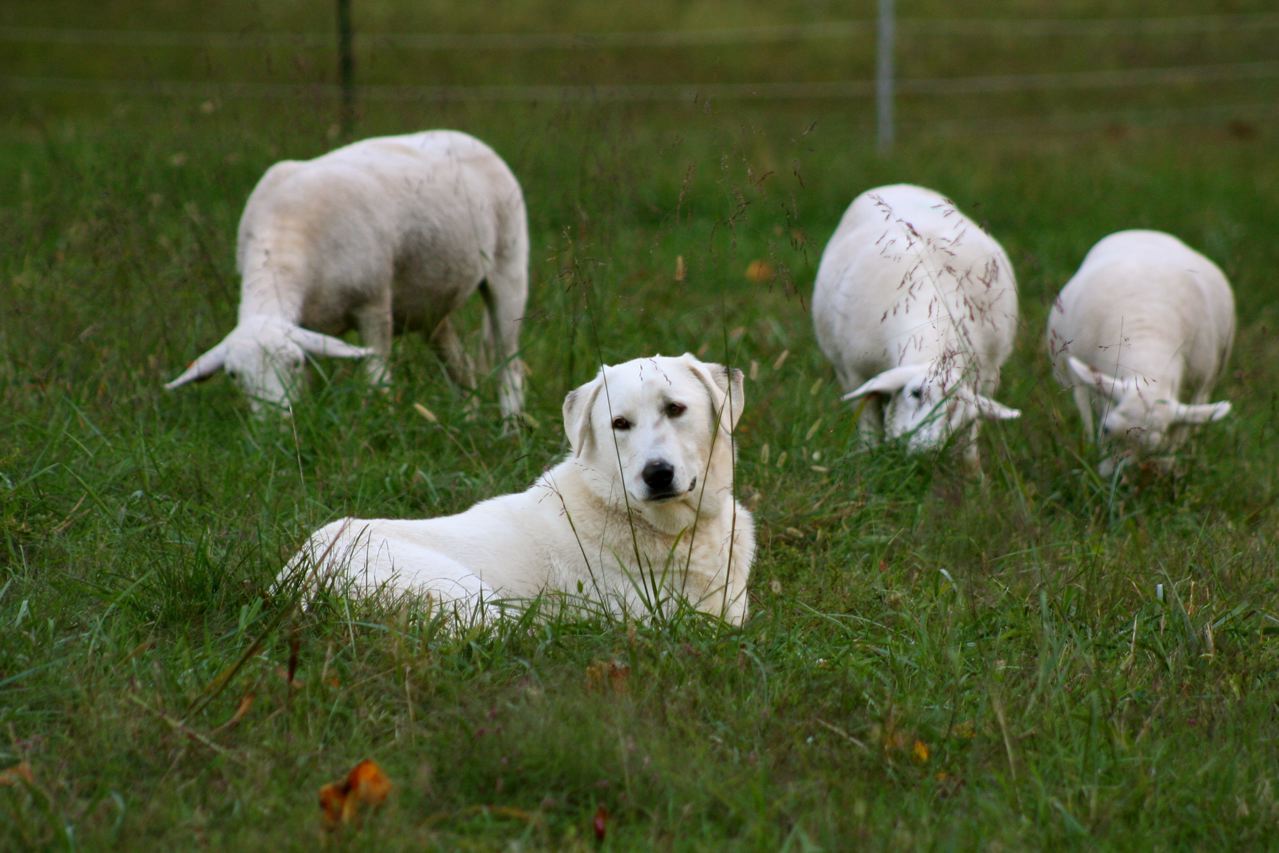Sheep and Goat Worms
Eric Fold, DVM
February 1, 2018
Disease
Christensen, Karin. “The Secret Lives of Goat Parasites.” The Biology of the Goat, 2015, www.goatbiology.com/parasites.html.
Haemonchus contortus (HC), also known as the "Barber pole" worm, is a gastrointestinal nematode (GIN) that may cause fatal anemia in sheep and goats. This is a parasite that lives in the stomach of the small ruminant and is a veracious blood sucker! HC is very common in the southeastern United States and the eggs are passed through the feces of the small ruminant, which larvate and climb up the grass or hay on the ground. The larvae are then ingested through normal grazing and migrate to the abomasum.
- Haemonchus contortus - Barber pole worm - GIN
- Veracious blood sucker
- Often a fatal anemia
- Veracious blood sucker
Eimeria, a coccidia species, often affects young animals. This parasite invades the small intestinal tract and causes severe watery diarrhea. The parasite is often present in low numbers of healthy animals, but during stressful conditions it will proliferate and begins to cause disease. If the disease is severe enough, it may cause long term damage that leads to poor growth and poor body condition. Some of these cases that we see become fatal if not treated quickly.
- Coccidia
- Diarrhea
- Severe dehydration - may be fatal
- Diarrhea
Several other intestinal parasites can cause disease in sheep and goats, these are the two most commonly seen in our practice. For a more comprehensive list, contact us via email.
Public Health Concerns
Haemonchus contortus and Eimeria spp.
Because both of these parasites are species specific, neither are considered to have zoonotic potential. As always though, wash your hands after handling feces or animals contaminated with feces!
Prevention
http://www.sheep101.info/201/parasite.html
Fecal examinations and FAMACHA scoring are very important for controlling Haemonchus contorus outbreaks. FAMACHA scoring involves evaluating the mucous membranes of the animal to see if there is good blood perfusion. Fecal exams are important for any new animal brought into a herd/flock and for any animal that has a FAMACHA greater than 2 out of 5.
Most importantly, STOP deworming your entire flock/herd. Previously we were taught to deworm all sheep and goats monthly to prevent HC outbreaks. We have learned that this creates parasites that are resistant to the deworming products and we are limited on the products that are effective. We recommend deworming only after a fecal exam has been performed, preferably a McMaster fecal test so we have a pre-treatment count on that particular animal.
- Keys for successful Haemonchus contortus control
- FAMACHA score animals every 2-4 weeks
- Fecal exams on poor doers or animals with high FAMACHA scores
- Only treat animals that have high egg counts
- Rotational grazing using 3 pastures
- Graze pasture for 30 days
- After moving animals to new pasture, cut the pasture (exposes egg to UV light)
- Rest the pasture for 60 days
- Breed small ruminants for parasite resistance
- We have found that certain breeds are resistant to parasites and this can be passed to their offspring!
- Stop monthly deworming programs
- Pour-on Cydectin is NOT appropriate for oral use in small ruminants
We at Rock-N-Country Veterinary Services love small ruminants. We want to see your herd or flock flourish and want to partner with you in the battle against Haemonchus contortus. We are always willing to read a fecal exam or come to your farm to evaluate your facilities and animals. Give us a call or email and we can discuss more options about small ruminant parasite control!
References
- Christensen, Karin. “The Secret Lives of Goat Parasites.” The Biology of the Goat, 2015, www.goatbiology.com/parasites.html.
- Pugh, D. G., et al. Sheep and Goat Medicine (Second Edition). W.B. Saunders, 2012.
- Schoenian, Susan. “Sheep 201: Internal Parasite (Worm) Control.” A Beginner's Guide to Raising Sheep, 2017, www.sheep101.info/201/parasite.html.





